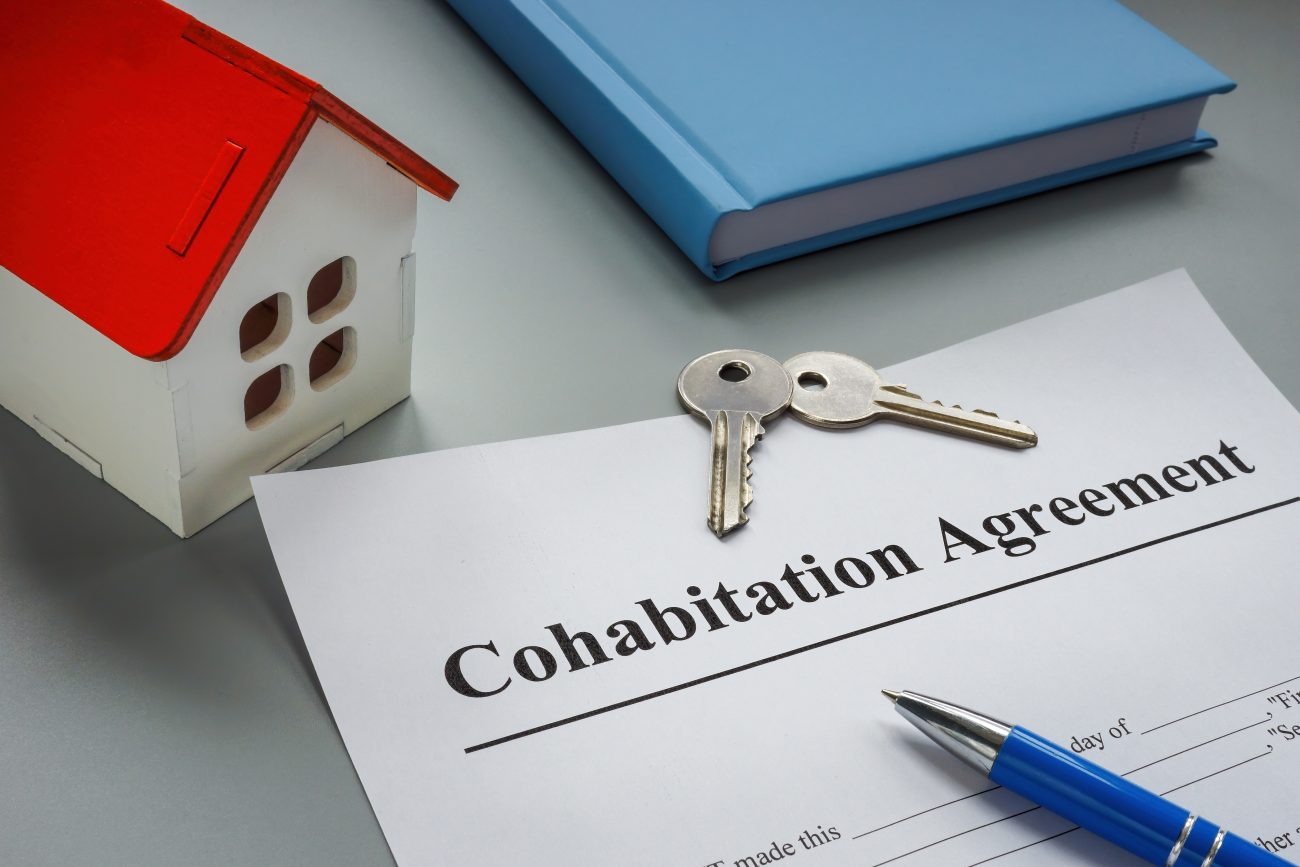Why Martin Lewis says it’s ‘especially important’ for cohabiting couples to protect their assets.
Respected financial journalist, Martin Lewis, is urging cohabiting couples to consider making a Will as soon as possible together with a Cohabitation Agreement.
Unlike married couples and those in civil partnerships, cohabiting couples without an appropriately drafted Will in place have no automatic legal rights to property that is not jointly owned, if one of them dies.
Martin Lewis states: “I’d suggest a Cohabitation Agreement of what happens if you were to split up if you’re not married.”
Why is making a Will so important?
Martin Lewis is the founder of MoneySavingExpert, a consumer finance information and discussion website. He is highlighting the vulnerability of cohabiting couples as part of his drive to stress the importance to everyone of making a Will.
Making a Will is the best way to control where your assets go after you die. Without a Will, the rules of intestacy apply.
These govern how an estate is distributed and state that only married or civil partners or other close relatives – like children or siblings – can inherit if there isn’t a valid Will in place.
In short, for cohabiting couples, this means that if your home is registered solely in your partner’s name and they die, the starting position is that you could be left facing eviction.
Making a Will means that any property won’t automatically fall under intestacy rules.
Why does Martin Lewis recommend a cohabitation agreement?
Cohabitation agreements outline how you own property and assets and what should happen to them if your relationship breaks down.
Martin also advocates considering them alongside a Will to help safeguard your position.
Other steps you could take include:
- A Declaration of Trust. This can be a standalone agreement or incorporated into a Cohabitation Agreement. It can set out in what percentage shares you jointly own a property.
- Considering how you may wish to jointly own a property. If you own the property as a joint tenant and one of you dies, the property passes automatically to the other “surviving joint tenant” outside of their estate and outside of the terms of any Will. If you own it as tenants in common, then the deceased’s share of the property passes according to the provisions of the Will or intestacy rules. This again underlines the importance of having a valid and up to date Will and ensuring you receive the right advice when you purchase a property jointly with someone else.
Get in touch
Cohabitation Solicitor, Rebecca Max, specialises in preparing Cohabitation Agreements, Declaration of Trusts and helping unmarried couples if a dispute arises on the division of their assets when they separate.
She says: “When unmarried couples separate, they often own a home together and/or have children, and disputes commence when couples cannot agree on how to split their property assets and income. This can get very complicated and often a solicitor will be needed to help bring about a resolution.
“If an unmarried couple buy a home together, we recommend taking out a Cohabitation Agreement, an uncomplicated way of making sure both parties know where they stand should they separate.”
If you’d like to make or update your Will, please contact any member of our Wills and Mental Capacity team.
If you would like to set up a Cohabitation Agreement or to seek advice on your separation, ring Rebecca: 0117 929 2811
Email Rebecca: Rebecca.Max@wards.uk.com


